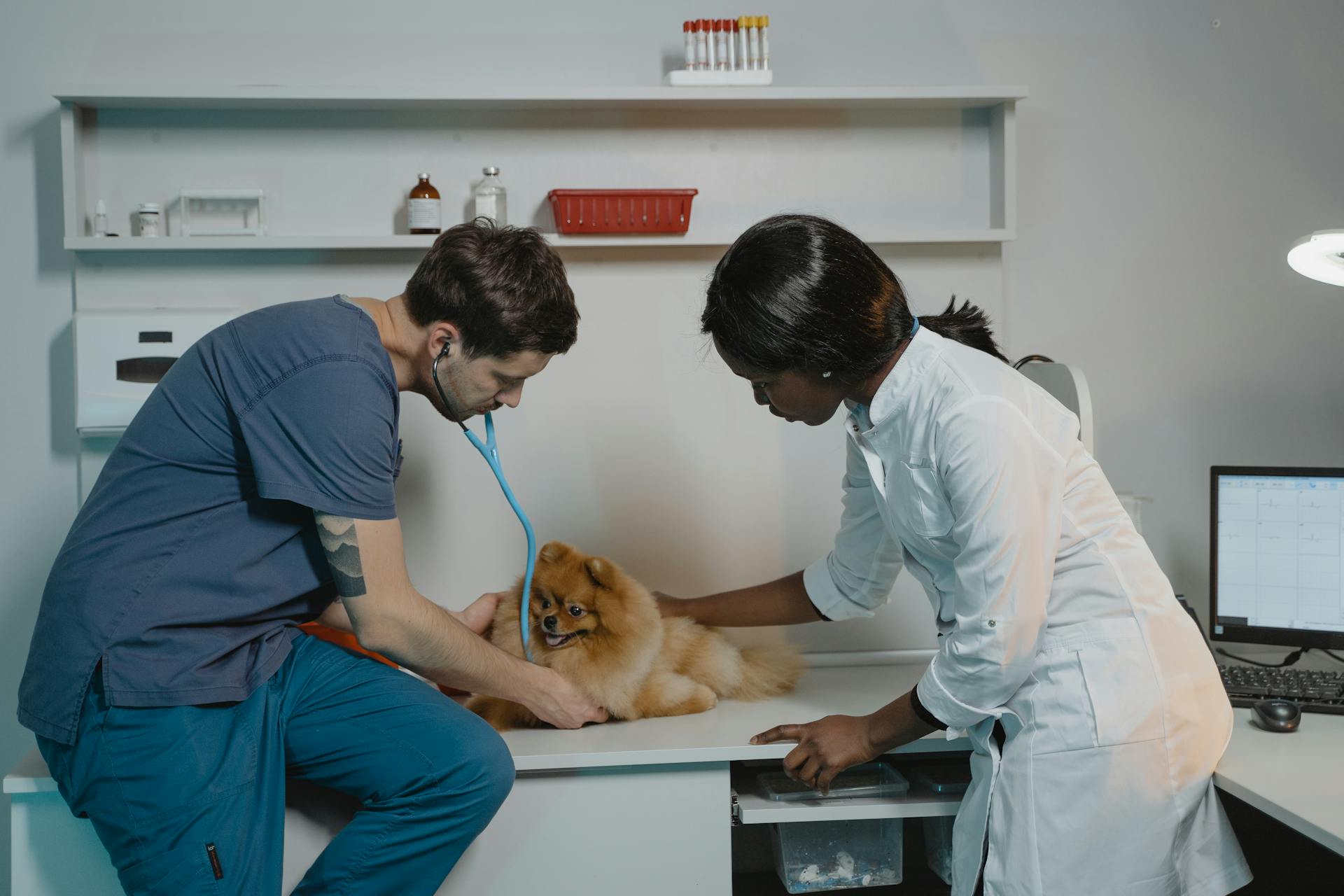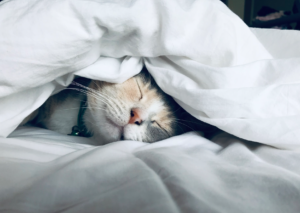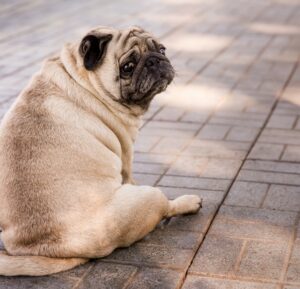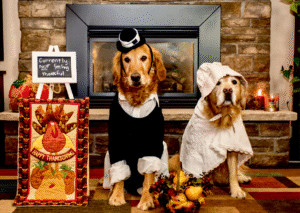Pancreatitis in Pets: What You Need to Know This Holiday Season
Pancreatitis is a serious and painful condition that affects both dogs and cats. Although it can occur anytime, veterinarians often see more cases around the holidays when pets are fed high fat table scraps their bodies cannot handle. At Village Animal Hospital in Dunwoody, we want pet parents to know the signs so they can act quickly if needed.
What Is Pancreatitis
The pancreas is a small organ that plays a major role in digestion. It produces enzymes that break down food in the intestines.
Pancreatitis occurs when these enzymes activate too early, causing inflammation, abdominal pain, and potential damage to surrounding organs. It may be acute, meaning sudden and severe, or chronic and recurring.
Symptoms to Watch For
Signs vary, but many pets show one or more of the following
• Decreased appetite
• Vomiting
• Diarrhea
• Lethargy
• Painful or tense abdomen
• Hunched posture or restlessness
Any of these symptoms, especially after eating rich or fatty foods, should prompt an immediate veterinary visit.
Who Is at Higher Risk
Any dog or cat can develop pancreatitis, but certain factors increase risk
• High fat meals or sudden diet changes
• Endocrine diseases such as diabetes or hypothyroidism
• Breed predispositions including Miniature Schnauzers
Pets with these risk factors need extra care during holiday gatherings.
How We Diagnose Pancreatitis
Diagnosis usually involves blood work that may show elevated lipase levels. Lipase is an enzyme normally present in small amounts. When it rises significantly and clinical signs are present, pancreatitis becomes a strong concern. Imaging such as ultrasound may also be recommended.
Why Treatment Matters
Pancreatitis is extremely painful and can lead to complications, long term illness, or in severe cases, death. Early treatment greatly improves outcomes and comfort.
How Pancreatitis Is Treated
Treatment focuses on stabilizing your pet and supporting the pancreas as it heals. Care may include
• IV or subcutaneous fluids to correct dehydration
• Pain management
• Anti nausea medication
• Low fat, easily digestible diets
• Rest and monitoring for complications
Some pets require hospitalization, while others may recover with outpatient care depending on severity.
Preventing Pancreatitis During the Holidays
Prevention is especially important during food heavy celebrations. Remember
• Avoid high fat table scraps
• Stick to your pet’s normal diet
• Keep trash securely contained
• Ask guests not to feed your pets
Holiday treats may seem small, but they can be enough to trigger pancreatitis.
If You Suspect Pancreatitis
Contact your veterinarian immediately. Fast treatment can make a significant difference in recovery.
Village Animal Hospital is here for pets throughout Dunwoody and nearby communities during the busy holiday season.







